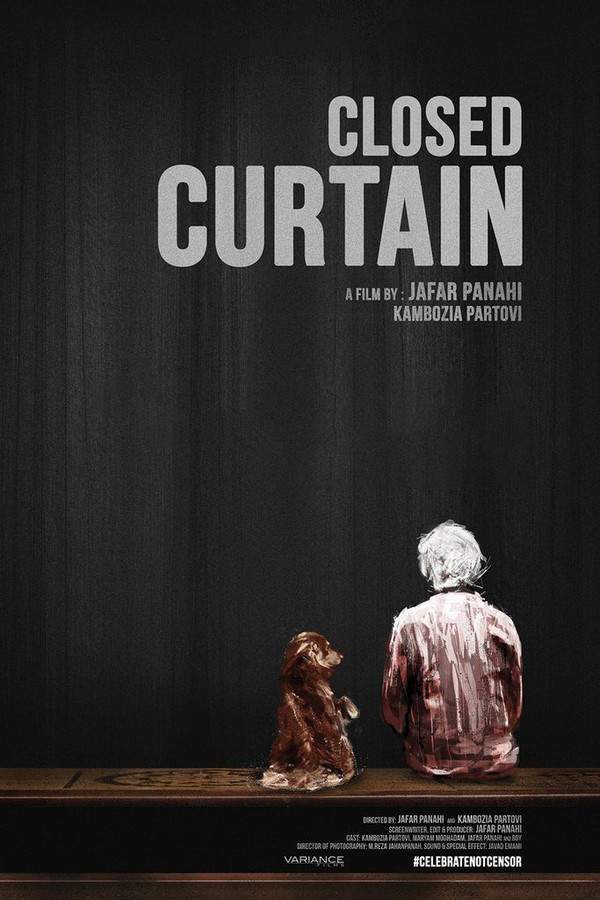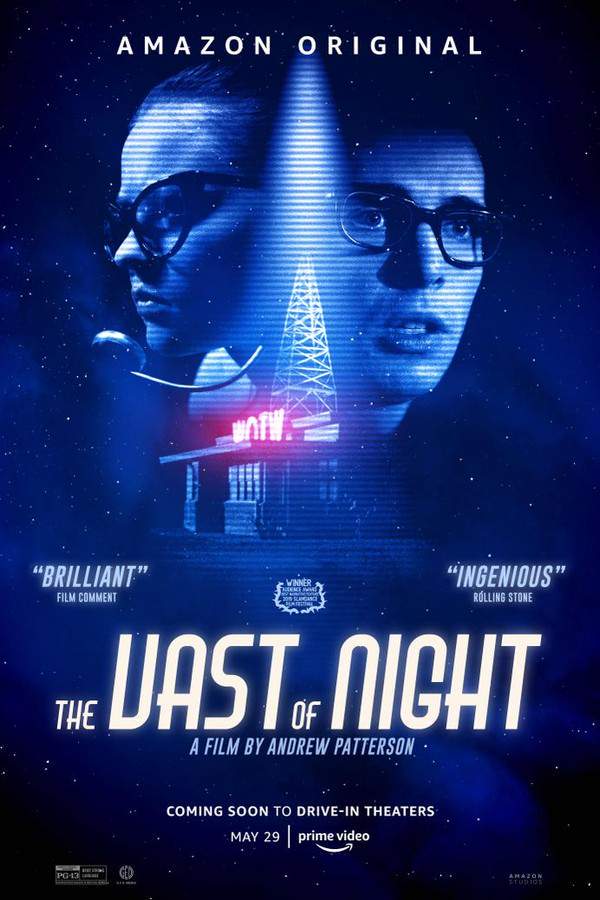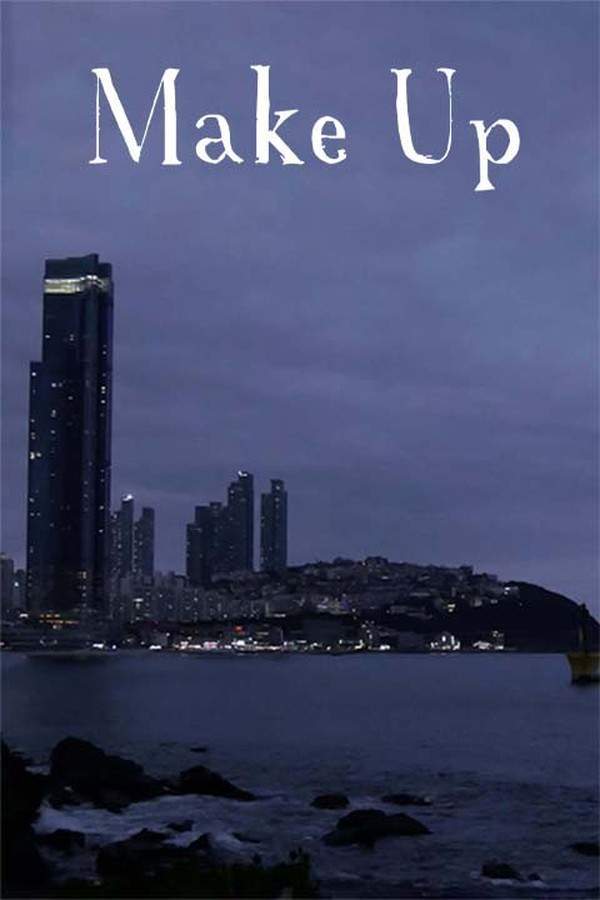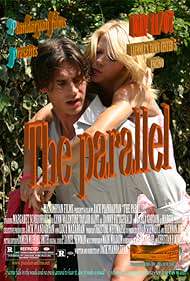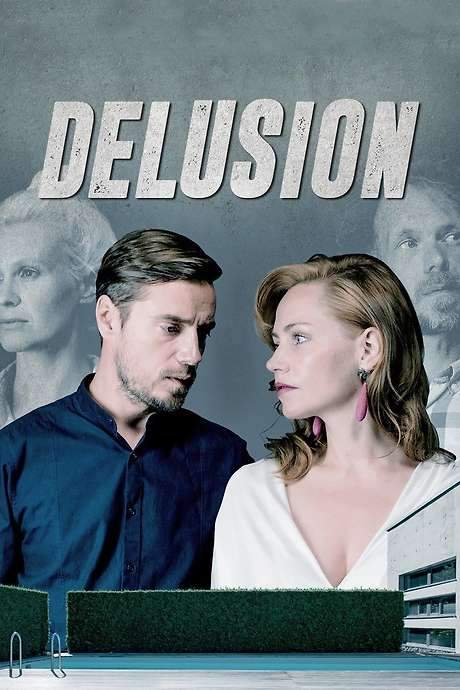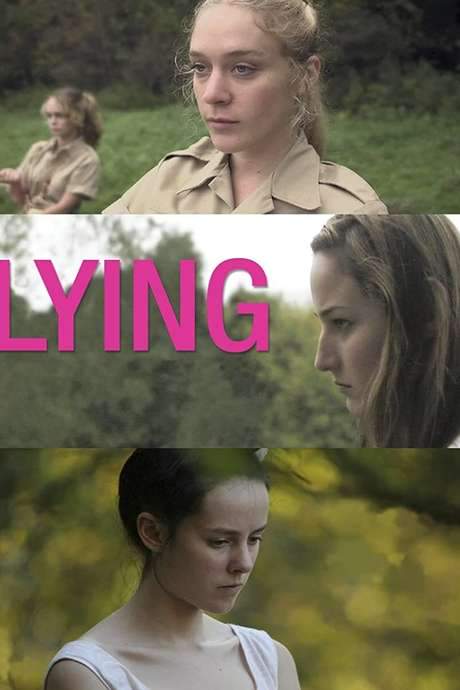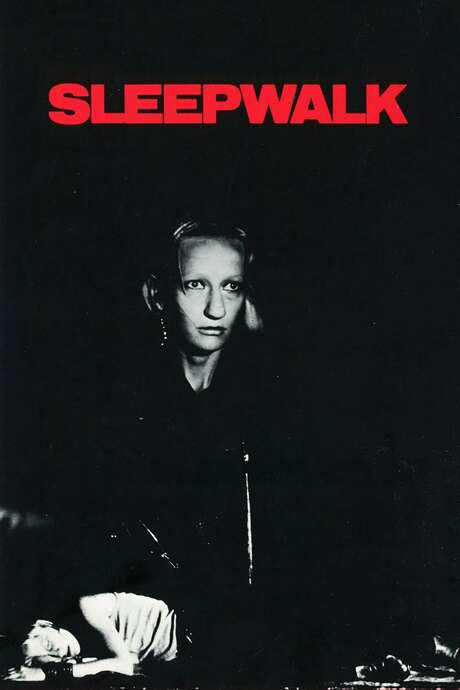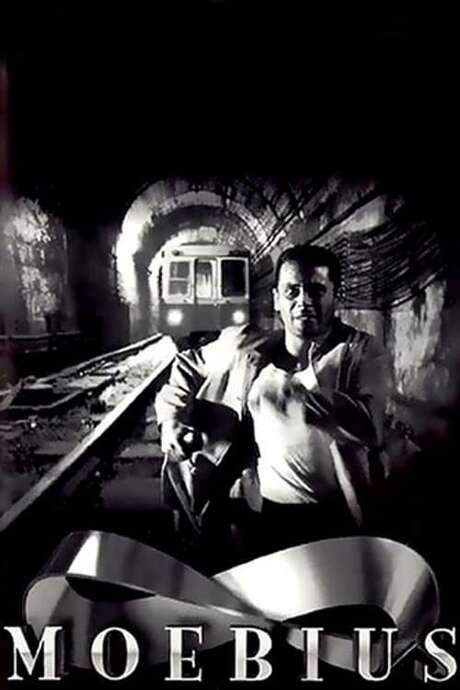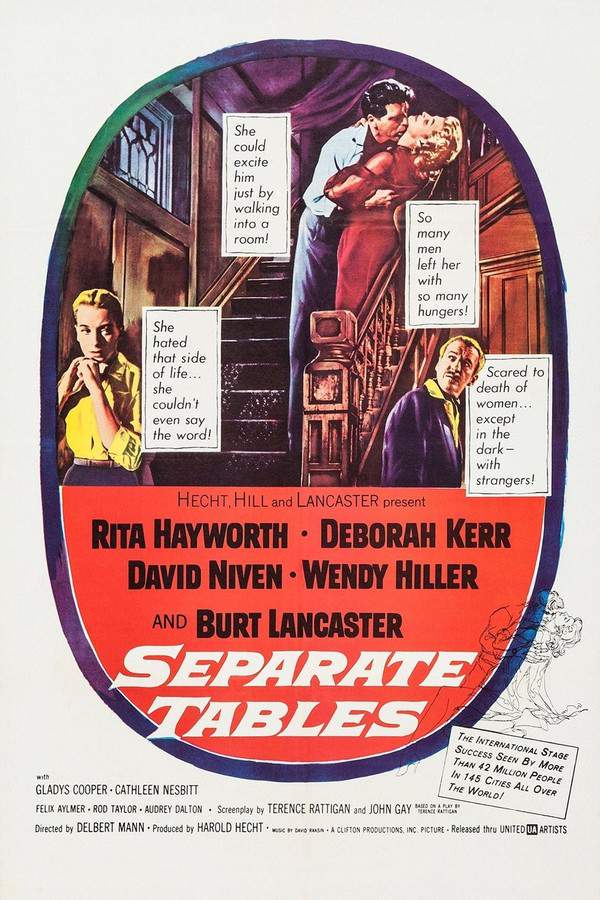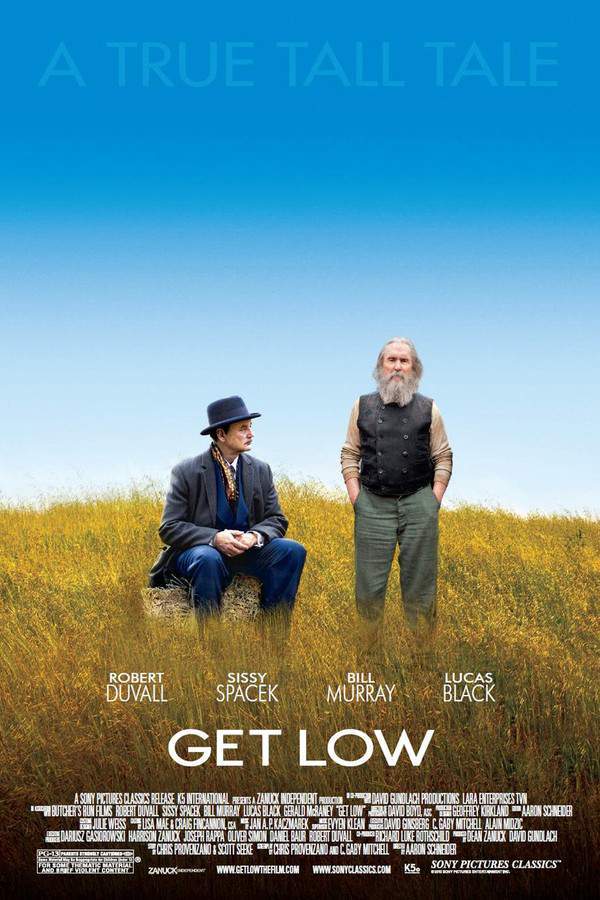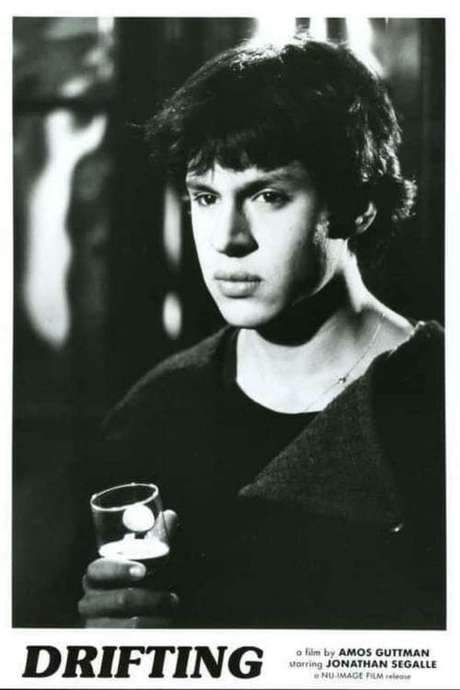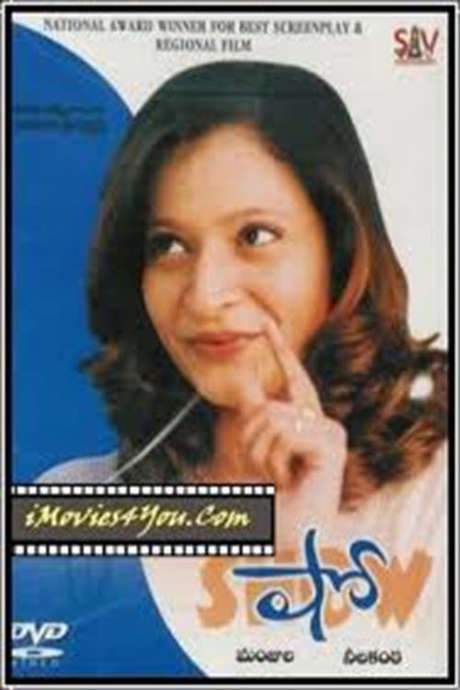
Show
Year: 2002
Runtime: 120 mins
Language: Telugu
Director: G. Neelakanta Reddy
Ridhima, a Delhi‑based pharmaceutical executive, travels to a remote Andhra Pradesh village to negotiate a patent deal with a professor who has developed a new drug. The professor leaves a note that he will return later, so she waits. Junior lawyer Madhav Rao, overseeing the transaction, arrives. Ridhima is carefree and single; Madhav is a frustrated married man, and their brief, charged encounter drives the story.
Warning: spoilers below!
Haven’t seen Show yet? This summary contains major spoilers. Bookmark the page, watch the movie, and come back for the full breakdown. If you're ready, scroll on and relive the story!
Show (2002) – Full Plot Summary & Ending Explained
Read the complete plot breakdown of Show (2002), including all key story events, major twists, and the ending explained in detail. Discover what really happened—and what it all means.
Ridhima, Manjula Ghattamaneni, a Delhi-based pharma executive, travels to a remote village in Andhra Pradesh to seal a patent deal with a reclusive professor who has developed a promising new drug. The professor leaves a note asking her to wait, claiming urgent work keeps him from arriving on time, setting the stage for an unexpected turn in the otherwise businesslike trip. It’s there that [Madhav Rao]—a junior advocate who oversees the patent sale—enters the scene. Ridhima is portrayed as a carefree, single woman with a boyfriend named Sanjay, while Madhav Rao is introduced as a man disenchanted with his career, a depressed husband tormented by his taunting wife [Laxmi Rattan] Sudha. In the professor’s lonely resort, the two men and woman begin to form a wary but growing friendship amid the isolation.
A playful dare opens a door to vulnerability and ambition. To pass the time, Ridhima jokes that she will pay ₹30,000 to anyone who can entertain her for at least an hour. Madhav responds with a prank, pretending to be a psycho, which wounds Ridhima but ironically peels back layers of their personalities. She learns that Madhav once pursued acting for five years before switching to law, a detail that deepens their bond as he reveals the ache of a stalled dream. The mood shifts as Madhav suggests staging a small play about a husband and wife who are headed toward divorce, a project that could function as a temporary distraction while they wait for the professor. Ridhima is initially hesitant, but she agrees to participate to fill the time.
The rehearsal becomes a mirror of their own lives. The improvised play is halted by Madhav, a move that stings because Ridhima’s mood of casual engagement feels like a dismissal of his effort. She apologizes, and Madhav, eager to please, creates a lavish lunch that features all of Ridhima’s favorites. After the meal, she admits she does not want to act, yet Madhav encourages her to find the confidence to perform. They restart the performance, and the pair adopt the stage names Sandhya and Subba Rao, exploring a relationship on the brink—one that could either patch up or shatter.
The act takes a darker turn as reality intrudes. As they improvise, Madhav is haunted by memories of his own wife Sudha—his inner conflict surfaces when Sandhya echoes sentiments tied to Sudha. The tension grows until Madhav stops playing and confronts the performance head-on, a sign that the pretend world is starting to feel real. The dialogue intensifies, and Sandhya confesses a forbidden kind of love for Sanjay, while the question of their future and their son Shambu looms. In a devastating moment, Sandhya’s words hint at a fatal outcome—an outcome that shocks Madhav and pushes him toward violent action, as he assaults Sandhya in a flare of anger. Then he confesses his deep, almost sacrificial love for her, admitting the extent to which he has compromised himself for her.
Ridhima realizes the truth behind the mask. The sequence makes it clear to Ridhima that Madhav’s feelings have crossed from performance to obsession. She recognizes that his passion for his wife has destabilized him, and she understands what has happened only because she has been there, watching the line between drama and reality blur before her eyes. In a desperate bid to halt the danger, she claps and treats the moment as a show, attempting to bring Madhav back to reality. The outburst subsides, and Madhav, now lucid again, apologizes for what he has done.
A moment of relief and a bittersweet ending. The two share a relieved, almost relieved laughter as they put the chaos behind them and try to regain their balance. The professor’s return signals a pause to their improvised drama, and the looming normalcy of the outside world returns. The episode leaves Ridhima with a deeper understanding of the fragile boundary between art and life, while Madhav faces the consequences of his actions, choosing to steer his life toward honesty rather than illusion.
The film closes with a sense of ambiguity resolved only by circumstance: the professor arrives, bringing the formal business to a close, but the emotional aftermath lingers, leaving both characters to reckon with what they have discovered about love, ambition, and the power of a moment when a pretend moment begins to feel all too real.
Last Updated: October 09, 2025 at 15:24
Explore Movie Threads
Discover curated groups of movies connected by mood, themes, and story style. Browse collections built around emotion, atmosphere, and narrative focus to easily find films that match what you feel like watching right now.
Movies with reality-bending mind games like in Show
Stories where performance and reality dangerously blur, turning allies into adversaries.If you liked the psychological tension in Show, explore more movies where a simple role-play or experiment spirals into a dangerous game. These films feature characters testing each other's limits, with narratives that cleverly blur fiction and reality, creating a deeply unsettling and tense viewing experience.
Narrative Summary
Narratives in this thread typically involve two or more characters who begin a structured interaction—a play, a wager, a therapeutic session—that is supposed to be safe and contained. However, repressed emotions, personal obsessions, or hidden agendas cause the scenario to overflow its boundaries, forcing the characters to confront truths about themselves and each other in unpredictable and often destructive ways.
Why These Movies?
Movies are grouped here based on their core premise of a constructed reality that collapses under the weight of authentic human emotion. They share a focus on psychological manipulation, a tense and claustrophobic atmosphere, and a narrative that explores the fragility of identity when faced with a compelling fiction.
Claustrophobic character-driven dramas similar to Show
Intimate dramas where confined settings amplify personal tensions and repressed emotions.Viewers looking for movies like Show will find similar tense, intimate dramas here. These films often take place in a single location, using the confined space to intensify the emotional conflict between characters dealing with marriage, identity, and personal breakdowns in a slow-burning narrative.
Narrative Summary
The narrative pattern involves placing conflicted characters—often strangers or estranged acquaintances—in a confined space like a remote house, a hotel room, or a secluded village. With limited external plot events, the story unfolds through charged conversations and subtle power dynamics, leading to a climactic emotional outburst or a profound, bittersweet realization about their lives.
Why These Movies?
These movies are grouped by their shared reliance on a claustrophobic atmosphere to explore deep character psychology. They prioritize mood and interpersonal tension over complex plotting, resulting in a slow, immersive, and emotionally resonant experience centered on human fragility.
Unlock the Full Story of Show
Don't stop at just watching — explore Show in full detail. From the complete plot summary and scene-by-scene timeline to character breakdowns, thematic analysis, and a deep dive into the ending — every page helps you truly understand what Show is all about. Plus, discover what's next after the movie.
Show Timeline
Track the full timeline of Show with every major event arranged chronologically. Perfect for decoding non-linear storytelling, flashbacks, or parallel narratives with a clear scene-by-scene breakdown.

Characters, Settings & Themes in Show
Discover the characters, locations, and core themes that shape Show. Get insights into symbolic elements, setting significance, and deeper narrative meaning — ideal for thematic analysis and movie breakdowns.

Show Spoiler-Free Summary
Get a quick, spoiler-free overview of Show that covers the main plot points and key details without revealing any major twists or spoilers. Perfect for those who want to know what to expect before diving in.

More About Show
Visit What's After the Movie to explore more about Show: box office results, cast and crew info, production details, post-credit scenes, and external links — all in one place for movie fans and researchers.


